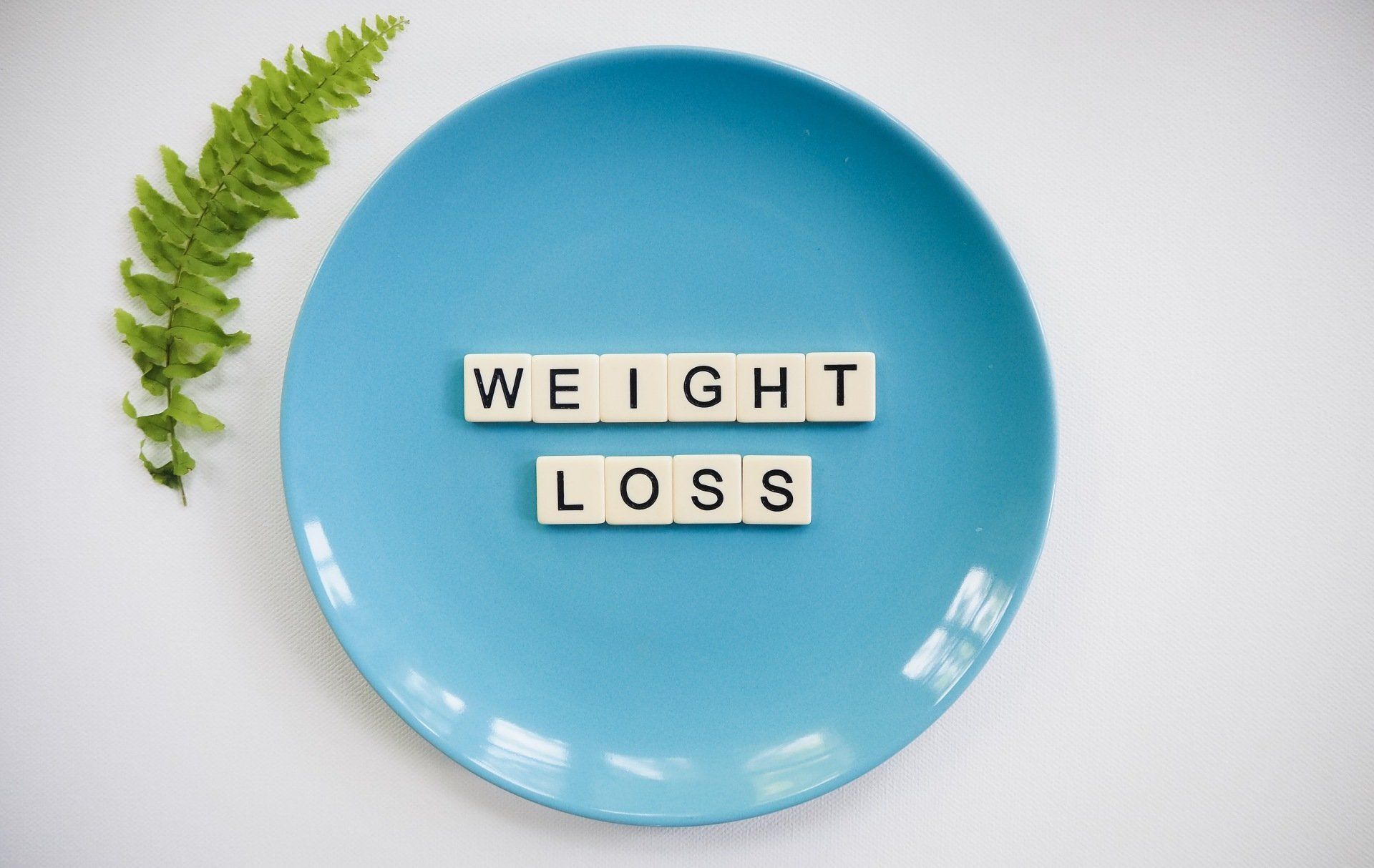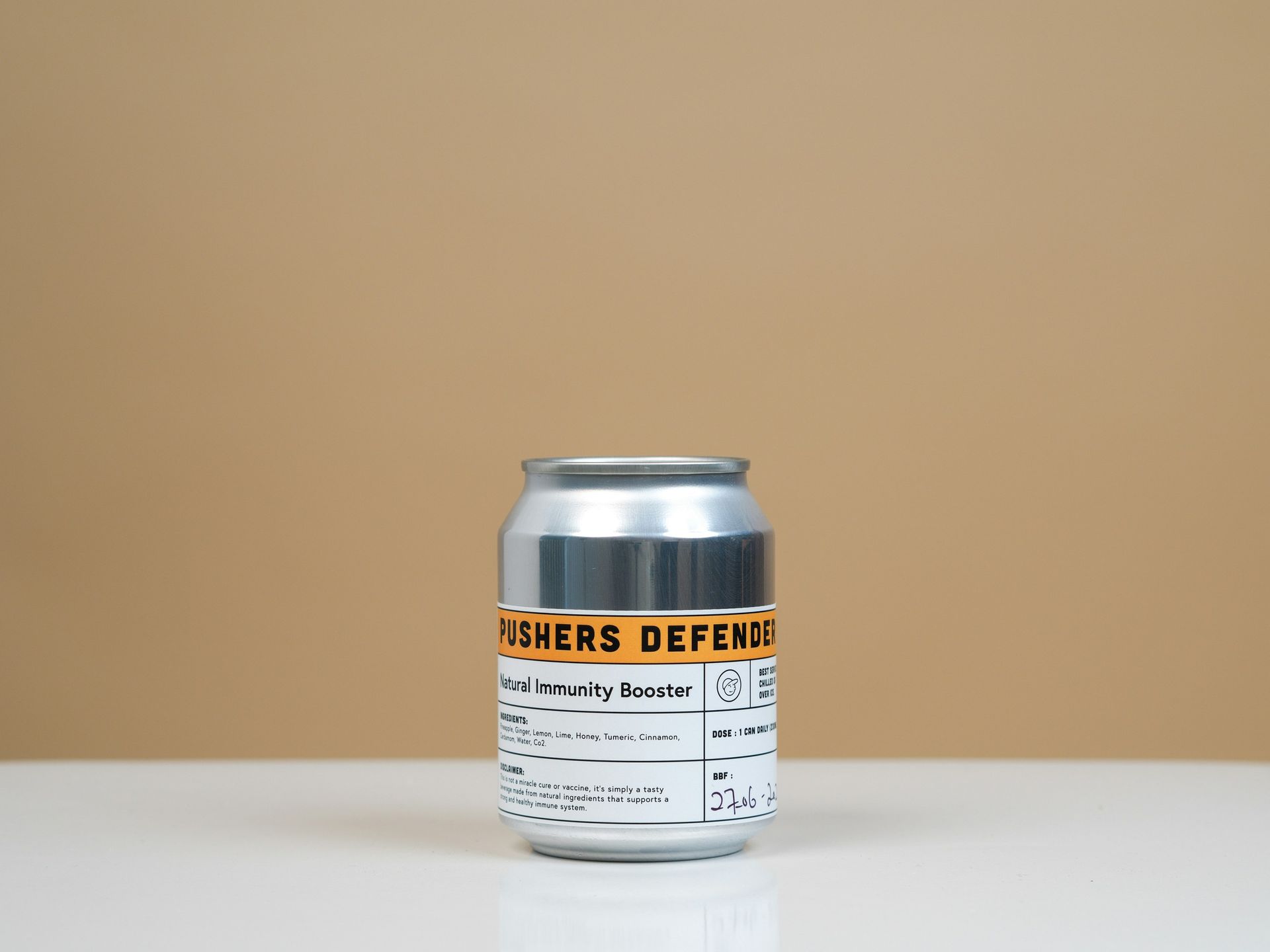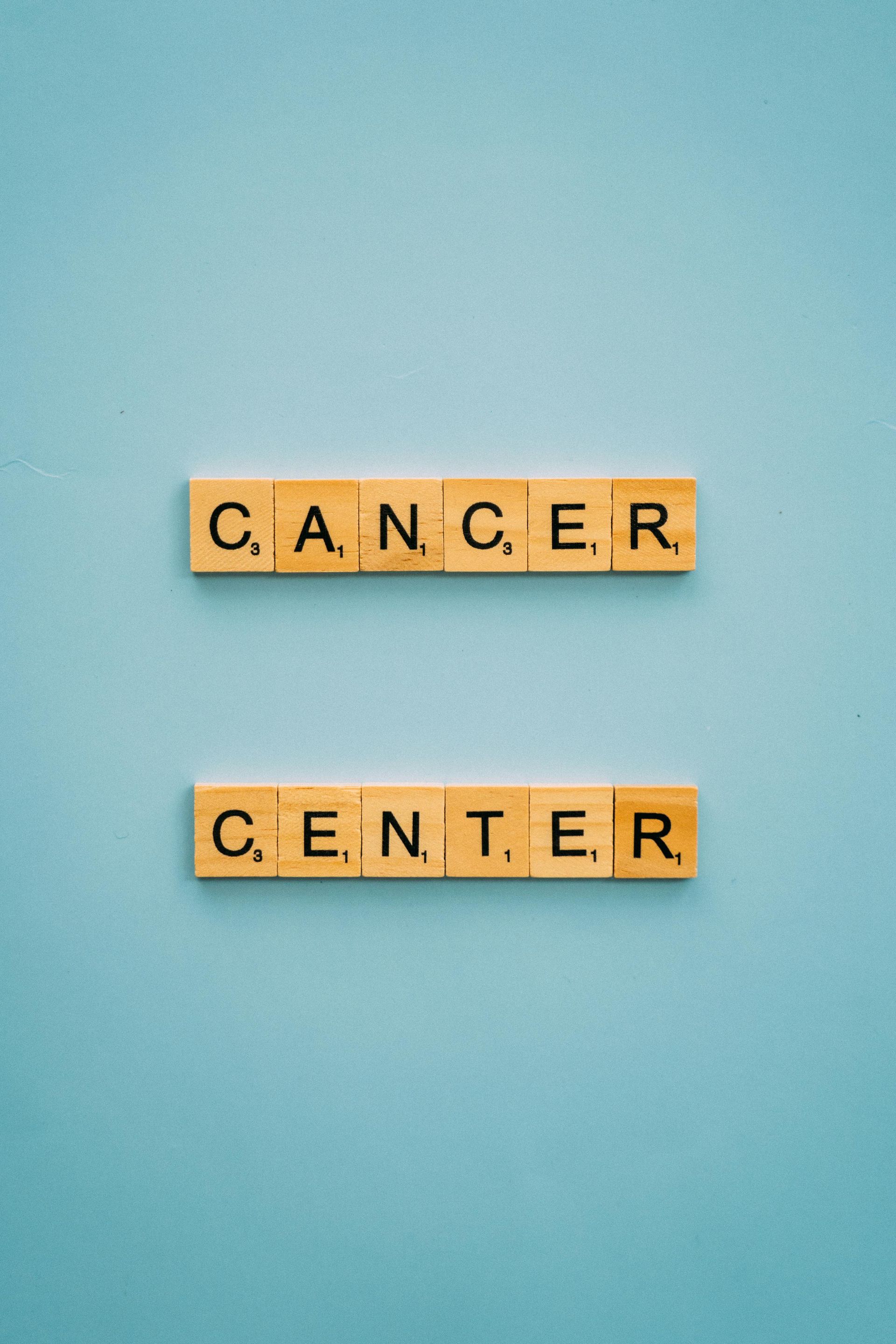Does the low carb diet shorten your lifespan, or does it improve it?
Last August, the Lancet (a respected medical journal) published an article which said that following a low carbohydrate diet, actually shortens life, by four years!
I sent the Lancet this letter https://tinyurl.com/y7frqf7qand they agreed to publish it. Read if you want to be enlightened. Also please read the other responses from my low carb colleagues. Scroll to the bottom of the page and you will find the links.
It was not only a sensational news story that was widely shared and repeated, it was also grossly inaccurate and misleading.
The study was written by researchers from Harvard University and the University of Minnesota. They recruited middle aged participants and supposedly followed their eating habits over 25 years . They planned to have the patients visit the research team 6 times, over the span of 25 years, during which they were supposed to fill out a 66 item questionnaire. In it they listed several representative food items, and asked the subjects to respond in detail on the amount and frequency of their food consumption. Using this data they were able to group the people according to their dietary intake, whether they were low, medium or high carbohydrate eaters.
Most people I know will not sit for a 10 question questionnaire, even if you pay them! If they had indeed produced a 66 item questionnaire, I doubt the participants were very alert or accurate by the time they reach question 25. Even less likely if you are in your 80s. Unfortunately, they were able to get questionnaires filled out only twice, on visit 1 and on visit 3. So does this mean that for the rest of the unsurveyed visits , the participants were assumed to be still eating and drinking the same amounts and variety? Visits 4,5 and 6 certainly spanned several decades, and they used data from visit 3 to summarize what they ate on visits 4,5 and 6?
Do you really trust that elderly patient to recall what he ate, in detail, from the year before? Was that 8 ounces of milk a day, or was it 16 ounces? Do you recall how many days a week you drank that 8 ounce cup of milk? Twice a week? Thrice? Or daily? Questionnaires are inexpensive, nice and easy to implement, but the accuracy of this type of survey based research is highly susceptible to errors. (Natarajan et al. 2010)
They also concluded that those who followed a “low carbohydrate” diet lived on average, 4 years shorter than if they were on a moderate carbohydrate diet. They even lived shorter than those on a high carbohydrate diet! Before we jump to conclusions, note that these patients who were middle aged, over the course of 25 years died or became elderly (in their 70s and 80s). Most of the patients in the “low carbohydrate” group were smokers and were sedentary , (Stanton 2018)thus more likely to have medical issues. Smokers and obese individuals have more cancer , stroke and risk of heart disease, and could have easily died as a result of these.
When some of the participants inevitably developed heart disease, diabetes or stroke, they should have examined the diets of these people, since it should have naturally changed after such life changing events. But this did not happen!
The people who lived longer, also ate less, on account of being elderly. So this is natural, and should not automatically make them “low carb”.
The trial counted all cause mortality, which means that even the deaths that were not related to medical reasons, were included. In other words, if one participant happened to die as a result of a car accident, that was also counted as a death attributable to low carb diets!
The researchers mentioned that within the low carb group, the animal based protein consumers did worse than those who ate plant based foods. Based on this, they concluded that low carbohydrate diets will cause early mortality. Did I hear that right? It is like saying the car broke down because you put in dirty oil, therefore, we should avoid using cars. If they were trying to prove animal protein is bad for you, then it is out of the focus of this trial. Placing the blame on the low carb diet for what they think the animal protein did, is simply not right.
But more importantly, was the low carb diet, truly a low carb diet? In this study, the participants were divided into 5 groups, according to carbohydrate intake. The lowest group , supposedly the low carbohydrate group, consumed a daily total of 1558 kilocalories, out of which 37% was carbohydrates. Calculating this, would bring us a gigantic total daily carbohydrate intake of 144 grams!!! This is nowhere near low carb.
In contrast, the ketogenic dietallows 5 % or roughly 20 grams, while the Atkinsdiets allows 40 grams daily.
The authors also cautioned that low carb animal based diets, cause increased body inflammation, activation of tumor signaling, and promotion of oxidative damage. On the contrary, animal and human studies show the opposite: Animal and human studies are beginning to show that the low carb diet can improve inflammatory markers, cause less stress, and slow down cancer growth and proliferation.
Human studiesof people with pancreatic cancer and multiple other cancers show improved quality of life, exercise tolerance and symptom control. (Otto et al. 2008, Poff et al. 2015, Zahra et al. 2017, Klement 2018, Cusso et al. 2018, Allen et al. 2013, Tan-Shalaby et al. 2016)
Meat is understandably getting bad publicity here, but we have to remember that meat, like vitamins and minerals , can be your friend or your enemy. In excess, animal meat protein can be your enemy. To blatantly discredit animal protein and low carbohydrate diets without solid evidence, is unacceptable.
References
Allen, B. G., S. K. Bhatia, J. M. Buatti, K. E. Brandt, K. E. Lindholm, A. M. Button, L. I. Szweda, B. J. Smith, D. R. Spitz, and M. A. Fath. 2013. "Ketogenic diets enhance oxidative stress and radio-chemo-therapy responses in lung cancer xenografts." Clin Cancer Res19 (14):3905-13. doi: 10.1158/1078-0432.CCR-12-0287.
Cusso, L., M. Musteanu, F. Mulero, M. Barbacid, and M. Desco. 2018. "Effects of a Ketogenic Diet on [(18)F]FDG-PET Imaging in a Mouse Model of Lung Cancer." Mol Imaging Biol. doi: 10.1007/s11307-018-1233-8.
Klement, R. J. 2018. "Fasting, Fats, and Physics: Combining Ketogenic and Radiation Therapy against Cancer." Complement Med Res25 (2):102-113. doi: 10.1159/000484045.
Natarajan, L., M. Pu, J. Fan, R. A. Levine, R. E. Patterson, C. A. Thomson, C. L. Rock, and J. P. Pierce. 2010. "Measurement error of dietary self-report in intervention trials." Am J Epidemiol172 (7):819-27. doi: 10.1093/aje/kwq216.
Otto, C., U. Kaemmerer, B. Illert, B. Muehling, N. Pfetzer, R. Wittig, H. U. Voelker, A. Thiede, and J. F. Coy. 2008. "Growth of human gastric cancer cells in nude mice is delayed by a ketogenic diet supplemented with omega-3 fatty acids and medium-chain triglycerides." BMC Cancer8:122. doi: 10.1186/1471-2407-8-122.
Poff, A. M., N. Ward, T. N. Seyfried, P. Arnold, and D. P. D'Agostino. 2015. "Non-Toxic Metabolic Management of Metastatic Cancer in VM Mice: Novel Combination of Ketogenic Diet, Ketone Supplementation, and Hyperbaric Oxygen Therapy." PLoS One10 (6):e0127407. doi: 10.1371/journal.pone.0127407.
Stanton, A. A. 2018. "Dietary carbohydrate intake and mortality: reflections and reactions." Lancet Public Health3 (11):e518. doi: 10.1016/S2468-2667(18)30205-6.
Tan-Shalaby, J. L., J. Carrick, K. Edinger, D. Genovese, A. D. Liman, V. A. Passero, and R. B. Shah. 2016. "Modified Atkins diet in advanced malignancies - final results of a safety and feasibility trial within the Veterans Affairs Pittsburgh Healthcare System." Nutr Metab (Lond)13:52. doi: 10.1186/s12986-016-0113-y.
Zahra, A., M. A. Fath, E. Opat, K. A. Mapuskar, S. K. Bhatia, D. C. Ma, S. N. Rodman, III, T. P. Snyders, C. A. Chenard, J. M. Eichenberger-Gilmore, K. L. Bodeker, L. Ahmann, B. J. Smith, S. A. Vollstedt, H. A. Brown, T. A. Hejleh, G. H. Clamon, D. J. Berg, L. I. Szweda, D. R. Spitz, J. M. Buatti, and B. G. Allen. 2017. "Consuming a Ketogenic Diet while Receiving Radiation and Chemotherapy for Locally Advanced Lung Cancer and Pancreatic Cancer: The University of Iowa Experience of Two Phase 1 Clinical Trials." Radiat Res187 (6):743-754. doi: 10.1667/RR14668.1.






